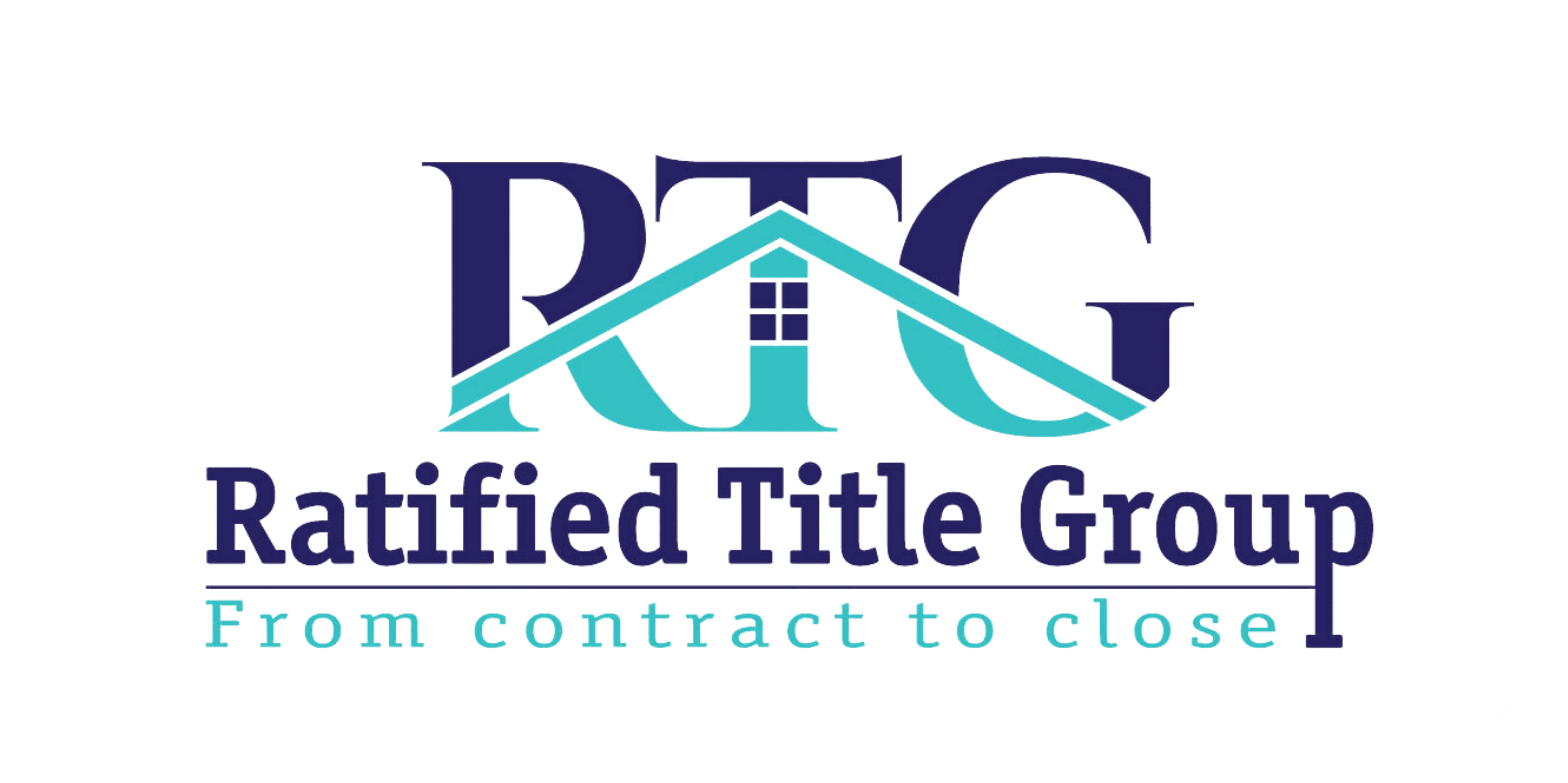Welcome to the Ratified Title Group blog! As experts in the field of title insurance, we understand the importance of protecting your investment when it comes to home equity loans in Virginia. In this comprehensive guide, we’ll delve into the intricacies of title insurance and its crucial role in safeguarding your property rights. Whether you’re a homeowner or a prospective borrower, gaining a clear understanding of title insurance can help you make informed decisions and mitigate risks.
What is Title Insurance?
Title insurance is a form of indemnity insurance that protects homeowners and lenders against financial losses arising from defects in a property’s title. Unlike other types of insurance that protect against future events, title insurance provides coverage for past events that may affect the property’s ownership. There are two main types of title insurance: owner’s policy and lender’s policy.
An owner’s policy protects the homeowner’s interest in the property, while a lender’s policy protects the lender’s investment in the mortgage. Both policies are essential components of the home buying process and provide peace of mind to all parties involved.
Read More:
Why is Title Insurance Important in Home Equity Loans?
When obtaining a home equity loan, title insurance is crucial for several reasons. Firstly, it ensures that the property’s title is free and clear of any liens, encumbrances, or defects that could jeopardize the lender’s security interest. Secondly, it protects the homeowner from unforeseen issues that may arise after the loan is granted, such as undisclosed heirs, forged documents, or fraud.
Without title insurance, homeowners and lenders would be exposed to significant financial risks, including the possibility of losing their investment or facing costly legal battles to resolve title disputes. By obtaining title insurance, borrowers can proceed with confidence, knowing that their interests are protected.
Coverage Provided by Title Insurance
Title insurance provides coverage for a wide range of issues that may affect the property’s title. Some common examples include:
Fraudulent conveyance: Protection against fraudulent transfers of property ownership.
Forgery: Coverage for forged signatures on deeds or other legal documents.
Undisclosed heirs: Protection against claims from previously undisclosed heirs or beneficiaries.
Recording errors: Coverage for errors or omissions in the public records that affect the property’s title.
Encumbrances: Protection against liens, easements, or other encumbrances that could affect the property’s marketability.
Virginia-Specific Considerations
In Virginia, title insurance plays a critical role in real estate transactions. The state has specific laws and regulations governing title insurance, including requirements for title searches, title examinations, and title insurance policies.
One essential aspect of title insurance in Virginia is the title search process, which involves examining public records to verify the property’s ownership history and uncover any potential issues or defects. This thorough investigation helps ensure that the title is marketable and free from any undisclosed encumbrances.
Additionally, Virginia law requires lenders to obtain a lender’s title insurance policy to protect their investment in the mortgage. While owner’s title insurance is optional for homeowners, it is highly recommended to safeguard their equity in the property.
Read Also: How to Find Investor Friendly Title Insurance In Virginia?
Cost of Title Insurance
The cost of title insurance in Virginia varies depending on various factors, including the property’s value, the coverage amount, and the title insurance provider. Generally, the premium for title insurance is a one-time fee paid at the closing of the real estate transaction.
While the cost of title insurance may seem like an additional expense, it is a worthwhile investment to protect your property rights and financial interests. Compared to the potential losses and expenses associated with title defects or disputes, the cost of title insurance is relatively small.
Tips for Obtaining Title Insurance
When obtaining title insurance for a home equity loan in Virginia, there are several tips to keep in mind:
Work with a reputable title insurance company: Choose a title insurance provider with a proven track record of excellence and reliability, such as Ratified Title Group.
Understand your coverage options: Familiarize yourself with the different types of title insurance policies available and select the one that best suits your needs.
Review the title commitment carefully: Carefully review the title commitment provided by the title insurance company to ensure that all necessary requirements have been met and any potential issues have been addressed.
Ask questions: Don’t hesitate to ask questions about the title insurance process, coverage, or any concerns you may have. A knowledgeable title insurance agent can provide valuable guidance and assistance.
Keep your policy documents safe: Once you’ve obtained title insurance, keep your policy documents in a safe and easily accessible location for future reference.
Conclusion
In conclusion, title insurance is a vital component of home equity loans in Virginia, providing essential protection for homeowners and lenders alike. By understanding the role of title insurance and taking proactive steps to secure adequate coverage, you can safeguard your investment and enjoy peace of mind knowing that your property rights are protected.
At Ratified Title Group, we are committed to helping our clients navigate the complexities of title insurance and real estate transactions with confidence and ease. If you have any questions or would like to learn more about our title insurance services, please don’t hesitate to contact us at (571) 234-5589 or email us at [email protected]. Your satisfaction and security are our top priorities.
Read our Google Reviews


